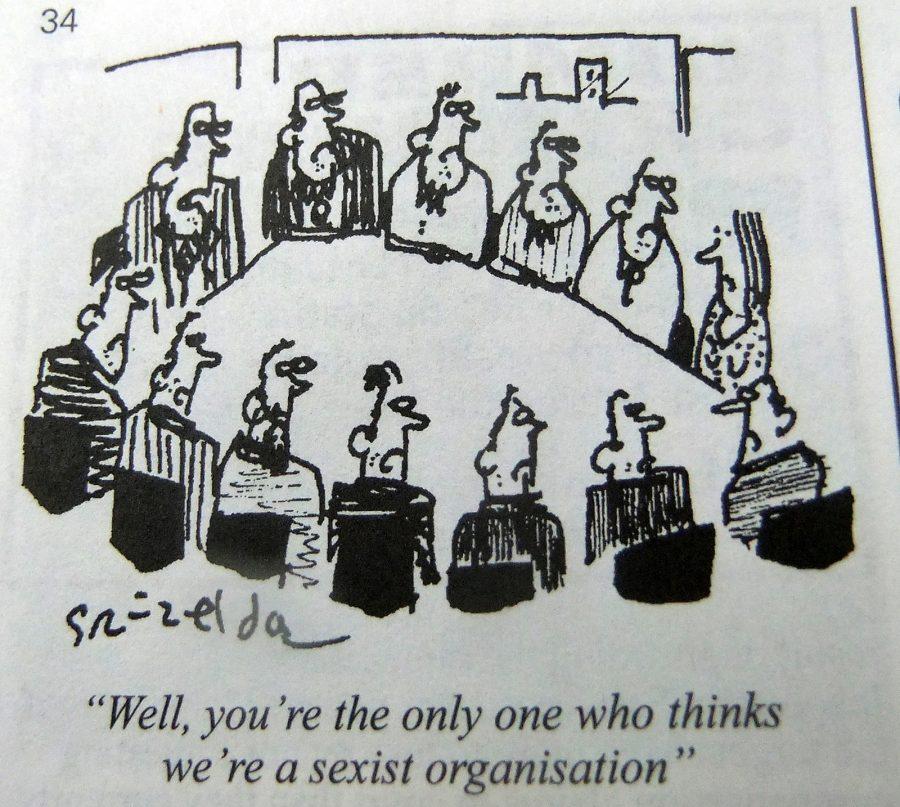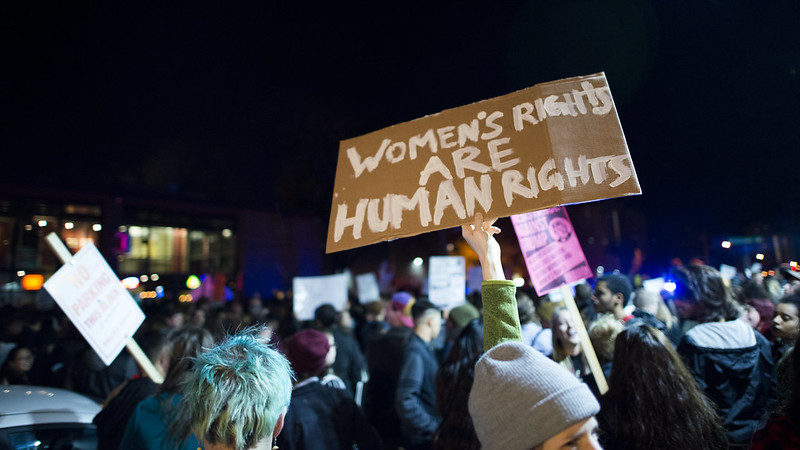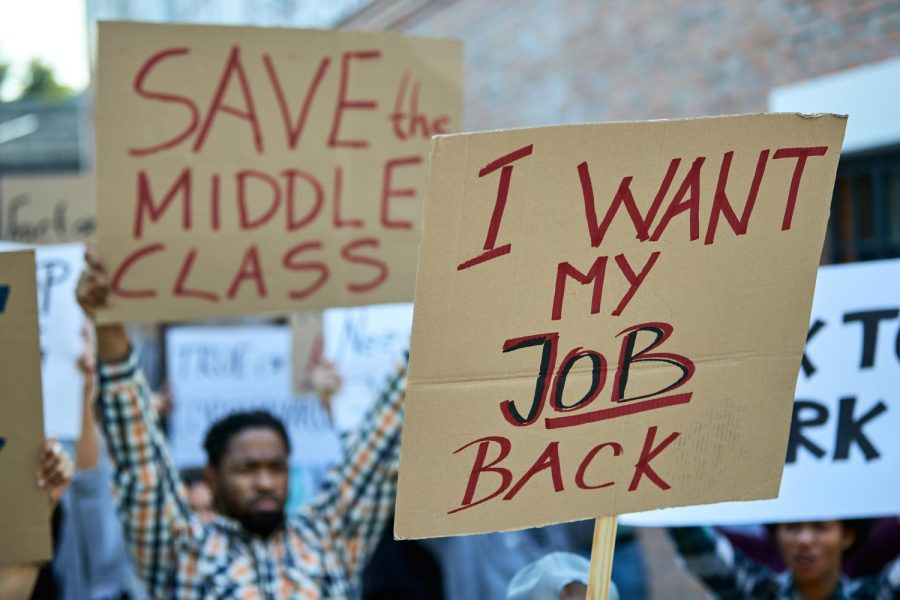BY HELENA WINKLER
Despite the progress we have made in terms of women’s rights in America, sexism is still alive and rampant, especially in media. Sexism in media is an especially important issue to address because it’s witnessed by almost everyone in our country.
Contrary to what has been claimed by many figureheads in media, sexism is most definitely still alive in the media world. In July, the story broke of TV personality Gretchen Carlson, who left Fox News and filed a suit of sexual harassment against the CEO, Roger Ailes. Carlson told The New York Times that Mr. Ailes “made sexual advances toward her and later fired her” after speaking out against sexual harassment in the workplace. Carlson said that she “just wanted to stand up for myself, first and foremost… and I wanted to stand up for other women who maybe faced similar circumstances.”
Carlson originally received a powerful amount of support on all media platforms. However, Eric Trump, son of President Donald Trump, later said that his sister, Ivanka, is immune to sexual harassment because she is a “strong, powerful woman,” which implied that the sexual assault was somehow Carlson’s fault.
Many people spoke up about how blaming the victim is not acceptable and Gretchen Carlson herself responded on Twitter, saying “Sad in 2016 we’re still victim blaming women. Trust me I’m strong.”
Crimes of sexual harassment are never the victim’s fault. The perpetrators are the ones who are responsible, and this message should be broadcast instead of blaming the victims.
Another occurrence of sexism in media is the coverage of the female athletes during the Rio Summer Olympics. Female athletes are still not seen or treated equally as male athletes in media. A research project from the UK’s Cambridge University Press has analyzed their database of media coverage and found that “men are three times more likely than women to be mentioned in a sporting context, while women are disproportionately described in relation to their marital status, age or appearance.” In other words, media outlets tend to report more about details of women’s lives rather than their actual accomplishments.
One of the most talked about examples of bias during the Olympics was the Chicago Tribune’s article, “Corey Cogdell, wife of Bears lineman Mitch Unrein, wins bronze in Rio.” The title only referred to her medal and didn’t say in what sport (trap shooting), nor did it mention that it was the second medal she’d won at a Games and her third time competing at the Olympics. The article was instead focused heavily on her relationship with her husband.
Everyone, and that means all genders, needs to speak up about unequal representation in media to bring change.
Categories:
Sexism in Media Shouldn't be a Headline
May 19, 2017
sexism is no joke – photograph by Gwydion M Williams (https://www.flickr.com/photos/45909111@N00/) – Attribution 2.0 Generic (CC BY 2.0)
0






